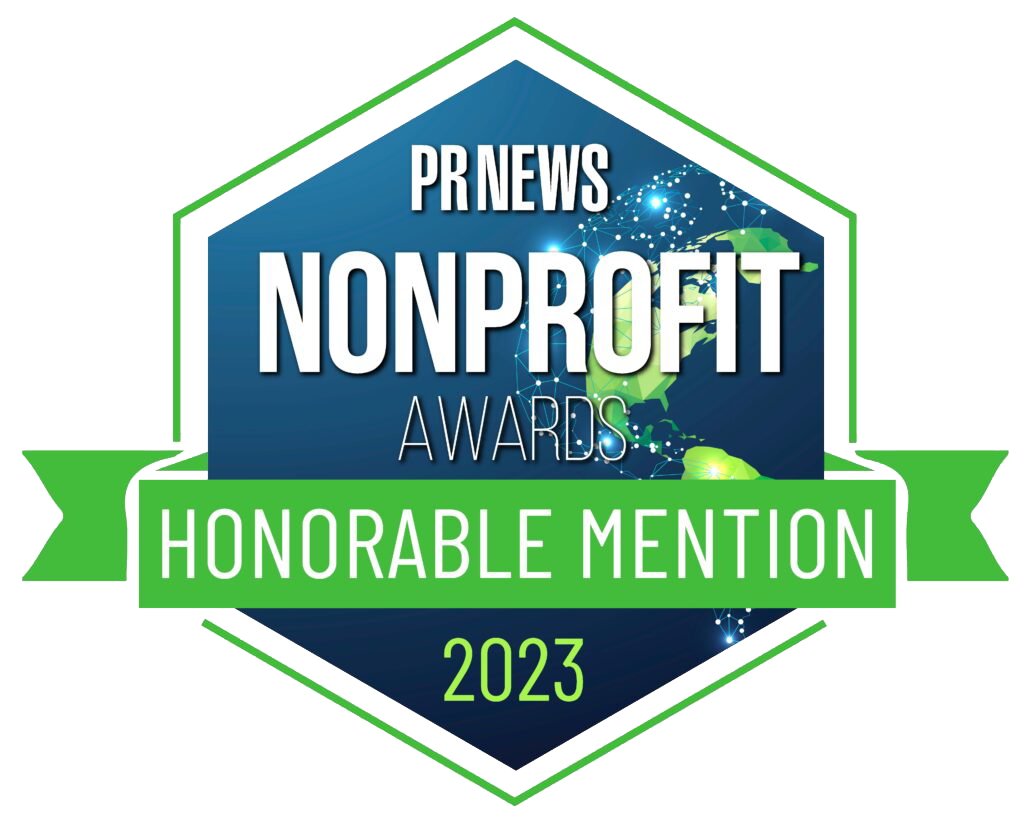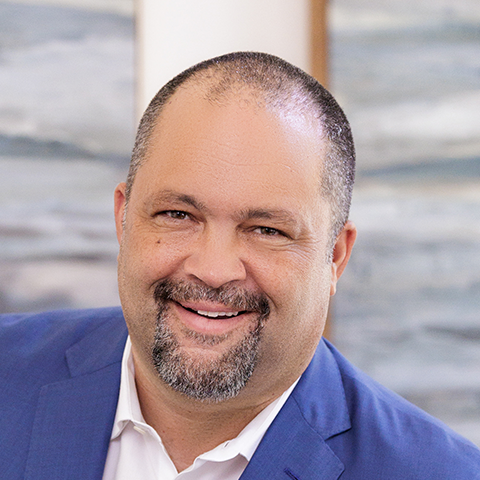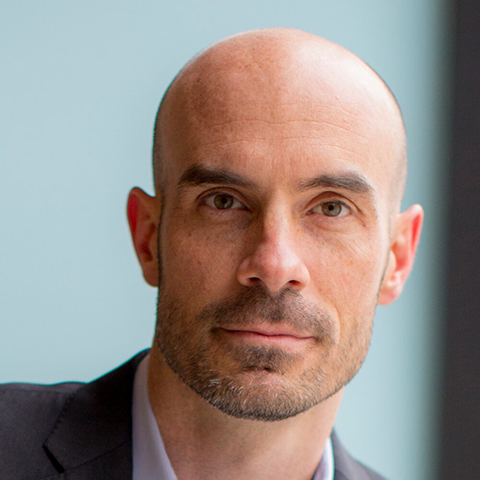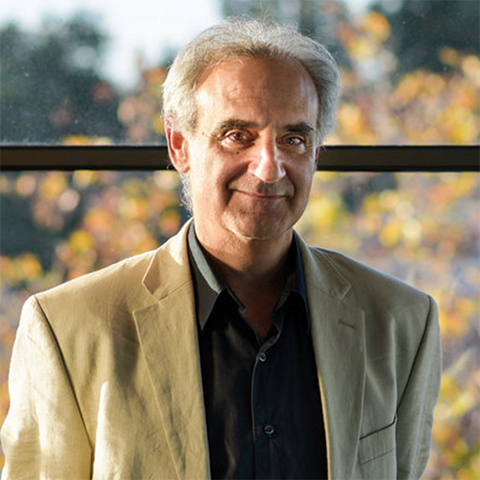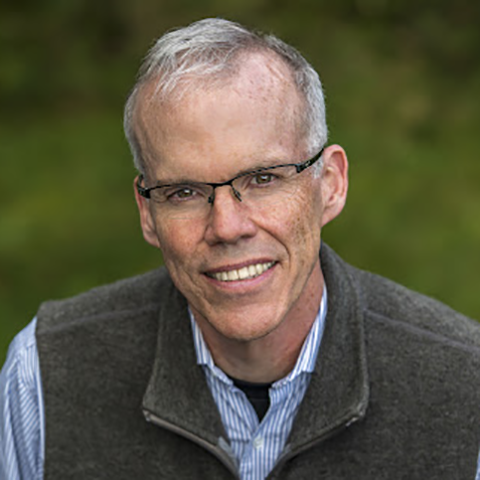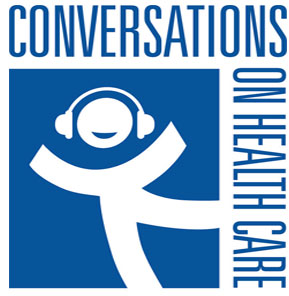THURSDAY, FEBRUARY 9, 2023
Sierra Club Executive Director Sees New Energy for Climate Change Fight
Ben Jealous, the former NAACP president, is taking charge as the new executive director of the Sierra Club. It’s America’s largest and most influential grassroots environmental organization with nearly 4 million members and supporters.With a strategy focused on equity and activism, Jealous and the Sierra Club are committed to retiring coal plants, preventing new fossil fuel plants from being built, and working to stop the expansion of fracked gas.Jealous joins hosts Mark Masselli and Margaret Flinter to talk about his vision and discuss his new book, “Never Forget Our People Were Always Free: A Parable of American Healing.”THURSDAY, JUNE 9, 2022
How Do We Make Healthy Buildings the Next Public Health Revolution?
Joseph Allen is the director of the Healthy Buildings Program at Harvard University’s T.H. Chan School of Public Health. As the co-author of “Healthy Buildings: How Indoor Spaces Drive Performance and Productivity,” his views are closely followed as we try to move quicker than COVID can spread. “Conversations on Health Care” co-hosts Mark Masselli and Margaret Flinter talk with Allen about new efforts to elevate the quality of indoor spaces in an overall health strategy.MONDAY, NOVEMBER 22, 2021
UN Climate Summit Fell Short, But Gary Cohen Says President Biden’s Build Back Better Act Holds Great Promise
This week, hosts Mark Masselli and Margaret Flinter speak with Gary Cohen, Founder of Health Care Without Harm, an award-winning global non-profit seeking to create an environmentally-responsible health system. Winner of the MacArthur Foundation’s ‘Genius Grant’ for his work reducing the health industry's pollution footprint, he says the COP26 UN Climate summit in Glasgow didn’t go far enough to hold global warming to 1.5 degrees Celsius, which means a billion people will be exposed to dangerous heat stress. Mr. Cohen says the recently-passed bipartisan infrastructure bill makes some progress addressing climate change, but that the President’s Build Back Better Act could have a dramatic impact. He says de-carbonizing the nation's health industry will build healthier communities and address health inequity.
THURSDAY, SEPTEMBER 16, 2021
"We Won't Get Another Chance" Climate Activist Bill McKibben on Urgency of Climate Action in Biden Administration's Reconciliation Bill
This week hosts Mark Masselli and Margaret Flinter speak with renowned writer, environmentalist and climate activist Bill McKibben, whose seminal 1989 book “The End of Nature” was among the first to warn of the coming climate crisis. McKibben points to the dangerous rise in the earth’s temperature spawning droughts, destructive storms and other environmental catastrophes spurred by fossil fuel burning and deforestation. He says if we don't pass President Biden’s reconciliation bill, which has the most sweeping climate change legislation ever proposed in the US, "we won't get another chance". The legislation is a powerful step forward in incentivizing a US shift to renewable energy, which he says must be accomplished before the upcoming climate summit in Glasgow, the most important global climate gathering since the Paris Accords.
MONDAY, NOVEMBER 9, 2015
Gary Cohen, Founder and President of Health Care Without Harm
This week, hosts Mark Masselli and Margaret Flinter speak with Gary Cohen, 2015 MacArthur Fellow and Founder and President of Health Care Without Harm. His work is focused on motivating the health care industry "do no harm" by reducing the use of toxic materials and fossil fuels to positively impact climate change.
WEDNESDAY, FEBRUARY 23, 2011
Dr. David Kindig, professor in the Department of Population Health Sciences at the University of Wisconsin-Madison and senior advisor to its Population Health Institute.
Conversations on Health Care® focuses this week on using population health data to improve the health of our communities. Mark Masselli and Margaret Flinter speak with Dr. David Kindig from the University of Wisconsin’s Population Health Institute about the factors that influence health outcomes for a community, and how we can use data to drive changes in policy and practice.

